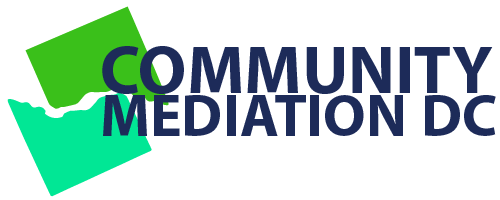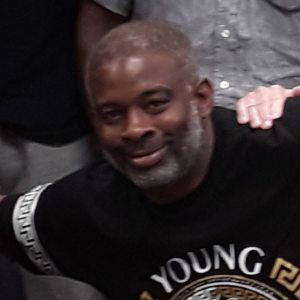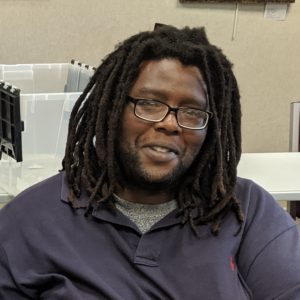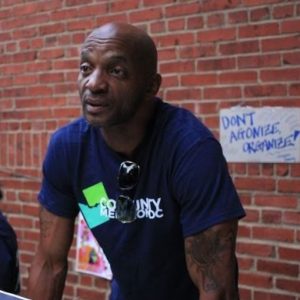Vision
We envision a Washington, DC where mediation is used to build strong and peaceful communities, and every DC resident has access to high-quality, collaborative conflict resolution services.
Our Team
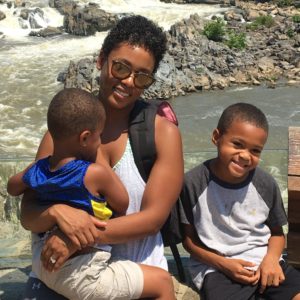
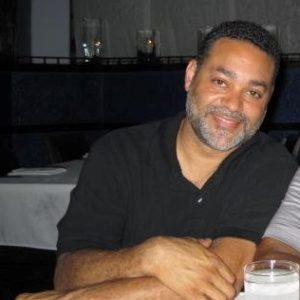
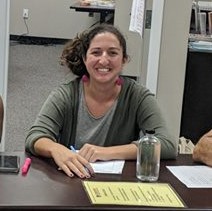
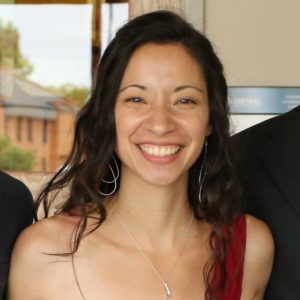

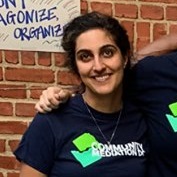
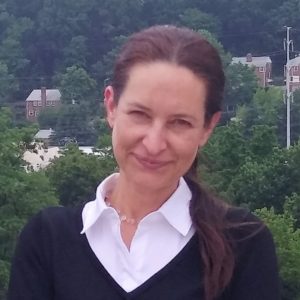
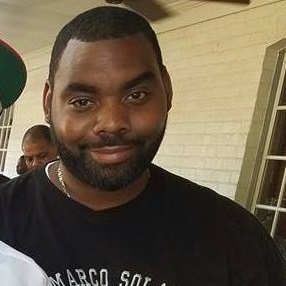

Our Story
We began as two strangers in a Lyft ride. Now we are a city-wide movement empowering communities to resolve conflicts.
Community Mediation DC (CMDC) kickstarted when Founding Director, Caroline Cragin, shared a dream with a friendly neighbor giving her a Lyft downtown. She told Karlus (KC) that she wanted to equip DC residents with more tools to solve their own conflicts. She believed in offering mediation in our community and training mediators from our community. Ultimately, she wished to create a community mediation organization in Washington, D.C. Inspired, KC, was all in.
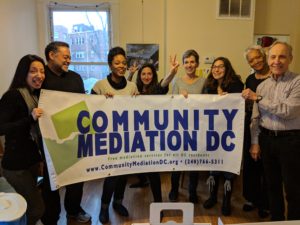
CMDC Core Team Members and Volunteers at first Retreat in January, 2018
Next door in Maryland, community mediation centers have flourished throughout the state under Community Mediation Maryland. CMDC brings community mediation to the District. The initial Lyft conversation quickly evolved into multiple partnerships. Within a few months, a passionate group of trained mediators and community leaders joined together in May 2017 to launch a full-fledged movement.
CMDC emerged from a radical idea: trust communities in the District to resolve their own conflicts. Everyone faces conflict. At home. In the neighborhood. In the workplace. We believe that community members already have the strength, knowledge, and resources to resolve these conflicts. The missing link is collaboration.
CMDC offers an opportunity to collaborate. CMDC provides free mediation and conflict resolution education to individuals of all backgrounds within the city. Our mediation process is designed to give every person a voice. Our highly-trained mediators work with people to break down barriers and create solutions to conflict.
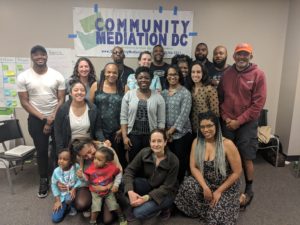
CMDC and Maryland volunteer mediators after completing our 45-hour Basic Mediation Training in May, 2018
As a mediation program, CMDC is unique. CMDC is the only mediation center in the District detached from the court system. Every person in the District has access to community mediation. Only CMDC trains volunteer mediators from diverse backgrounds. And only CMDC actively joins with communities to build a more peaceful city.
Since our humble beginnings, we have been building strong community partners, engaging neighborhoods, and welcoming many dedicated volunteers. April 2018 marked our first mediation in the District. By June 2018, we celebrated training our first cohort of DC mediators. Our movement grows passionately as we remain committed to building strong, peaceful communities.
The Ten Point Model of Community Mediation
Community mediation provides a non-profit framework for assuring access to mediation services at the community level with control and responsibility for dispute resolution maintained in the community. As a part of CMDC's commitment to community mediation, we strive to meet the Ten Points below:
- Train community members - who reflect the community’s diversity with regard to age, race, gender identity, ethnicity, income and education to serve as volunteer mediators.
- Provide mediation services at no cost or on a sliding scale.
- Hold mediations in neighborhoods where disputes occur.
- Schedule mediations at a time and place convenient to the participants.
- Encourage early use of mediation to prevent violence or to reduce the need for court intervention, as well as provide mediation at any stage in a dispute.
- Mediate community-based disputes that come from referral sources including self-referrals, police, courts, community organizations, civic groups, religious institutions, government agencies and others.
- Educate community members about conflict resolution and mediation.
- Maintain high quality mediators by providing intensive, skills-based training, apprenticeships, continuing education and ongoing evaluation of volunteer mediators.
- Work with the community in governing community mediation programs in a manner that is based on collaborative problem solving among staff, volunteers and community members.
- Provide mediation, education, and potentially other conflict resolution processes to community members who reflect the community's diversity with regard to age, race, gender identity, sexual orientation, ethnicity, income, education, and neighborhood.
A group of stakeholders throughout the state of Maryland, in collaboration with the Maryland Mediation and Conflict Resolution Office (MACRO) met several times to develop these guidelines. The guidelines have evolved into the standard by which all community mediation centers strive to operate in Maryland and beyond.
